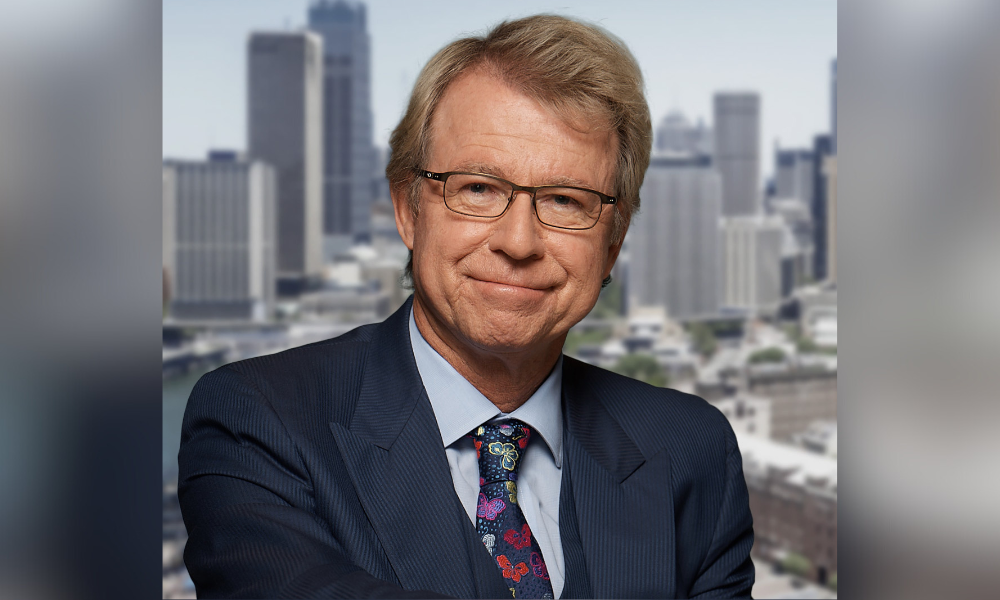The RBA has 'done enough', chief economist says

Receding inflation in the year to May provides scope for the Reserve Bank of Australia to hit pause on the official cash rate next week, a chief economist says.
In figures released by the ABS on Wednesday, the monthly CPI indicator rose 5.6% in the year to May, down from 6.3% in March and 6.8% in April.
Noting that this was the “smallest increase since April last year”, ABS noted that excluding volatile items such as fuel, fruit and vegetables and travel, the monthly decline was more moderate, at 6.4%.
AMP senior economist Shane Oliver (pictured above) said that while the May inflation figure was unlikely to be sufficient to stop further rate hikes, it could provide some breathing space for the Reserve Bank to assess the impact of the 12 official cash rate rises delivered in the current hiking cycle.
“The fall in inflation in May provides scope for the RBA to pause on Tuesday in order to better assess the lagged impact of past significant rate hikes,” Oliver said.
“And as we think they have already done enough we think they should pause.”
The Reserve Bank would regard underlying measures of inflation as still too high, and it remained concerned about “sticky” services inflation and strengthening wages growth, Oliver said.
“So, we are continuing to allow for another two more rate hikes, taking the official cash rate to 4.6% by September with the next hike coming in either July or August”.
Commenting on the May inflation figures more broadly, Oliver said that the resumption in the downward trend in inflation, along with a broad range of items seeing falling prices provided further evidence that inflation had peaked.
“However, the RBA will still be concerned that underlying inflation measures remain above 6%, various services sector items (such as rents, insurance and meals out/takeaways) are still seeing rising inflation, and that the risk of a wage price spiral is high,” he said.
The Daily Telegraph quoted HSBC chief economist Paul Bloxham as saying that if the RBA applied the same logic to the May 2023 inflation increase of 5.6% - the smallest monthly increase to inflation since April 2022 - then it should tip the balance in favour of a pause.
Among the comments made by Bloxham on June 28 were that although headline inflation fell in May, core inflation was still too high.
“We see the RBA on hold in July, supported by today's result; we see one more 25bp hike in August, after the Q2 CPI print is published,” Bloxham said.
ANZ senior economist Adelaide Timbrell told The Australian that while the monthly CPI data for the year to May showed a large deceleration in headline inflation, core inflation was less encouraging, noting that the CPI figure (excluding volatile items) showed “almost no moderation”.
Given that the past two decisions were described by the RBA board as “finely balanced”, Timbrell said that the RBA could pause in July, before delivering two rate increases in subsequent meetings.
The Reserve Bank will announce its decision on the official cash rate on Tuesday.



